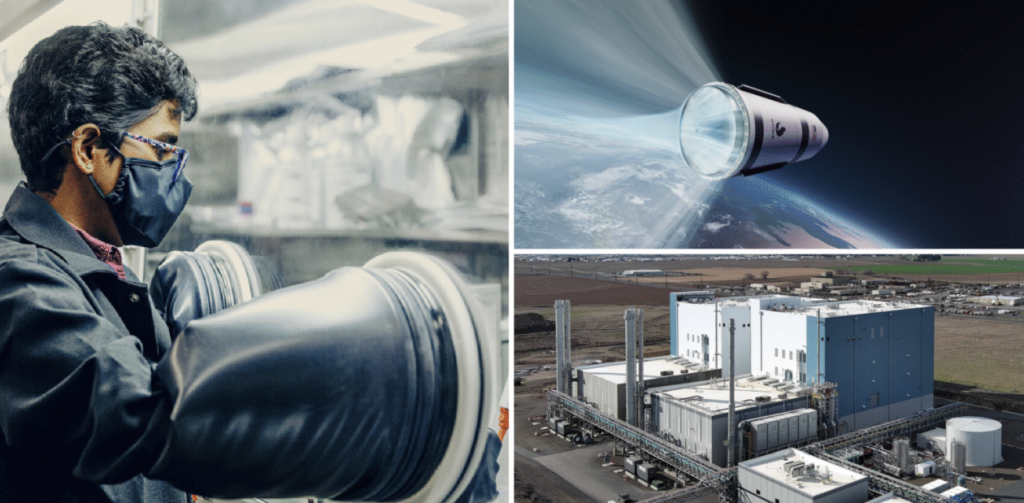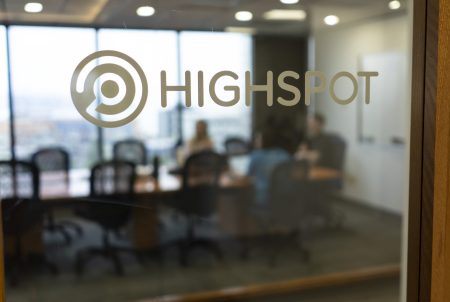Seattle’s “Hard Tech” Renaissance: The Region’s Venture Capital Evolution in 2025
Seattle’s tech ecosystem, long dominated by enterprise software and cloud computing giants, is undergoing a remarkable transformation in 2025. Once known primarily as the home of Microsoft and Amazon, the region has emerged as a vibrant hub for “hard tech” startups tackling some of humanity’s most ambitious challenges. The third quarter of 2025 has cemented this shift, with companies developing rockets, fusion energy systems, and next-generation batteries attracting the lion’s share of venture capital investments. This evolution represents more than just a diversification of the local tech economy—it signals Seattle’s growing importance in addressing fundamental technological and environmental challenges that could reshape our collective future.
The scale of recent investments in these frontier technologies is staggering. Stoke Space Technologies, based in Kent, Washington, secured an impressive $510 million funding round to accelerate development of its fully reusable Nova rocket—this coming less than a year after raising $260 million. Meanwhile, Woodinville’s Group14 Technologies topped the Pacific Northwest’s funding charts for Q3 with a $463 million investment to support manufacturing of its revolutionary silicon anode technology for lithium-ion batteries. These investments pale in comparison to the $650 million raised by TerraPower, the Bill Gates co-founded nuclear innovation company, for its next-generation small modular reactors. Not to be outdone, Helion Energy attracted $425 million earlier in the year to fund fusion innovations and begin construction of its first commercial reactor in Eastern Washington. Together, these ventures represent billions in capital deployed toward technologies that could fundamentally alter energy production, space exploration, and environmental sustainability.
What makes this shift particularly fascinating is how it builds upon Seattle’s established engineering strengths while pivoting toward new frontiers. The region has long been home to Boeing and, more recently, Blue Origin, creating a deep pool of aerospace talent that newer ventures like Stoke Space and Hubble Network can tap into. Similarly, the area’s expertise in advanced materials, computing, and precision engineering—honed through decades of innovation at established tech giants—provides a foundation for companies working on next-generation energy solutions. This marriage of existing talent with bold new visions is further amplified by federal funding initiatives, climate-focused incentives, and investors seeking transformative technologies with world-changing potential. The result is an innovation ecosystem that preserves Seattle’s technological heritage while boldly pushing into more physical and infrastructure-focused domains.
Despite this exciting evolution in the region’s innovation profile, the overall venture funding landscape shows signs of moderation that reflect broader economic trends. Pacific Northwest startups collectively raised nearly $1.3 billion during Q3 2025, representing a 35% decrease compared to the same period last year and a decline from the $1.8 billion raised in Q2. This cooling effect aligns with nationwide patterns as investors adjust expectations amid changing interest rates and market conditions. However, the concentration of large deals in hard tech areas suggests that while investors may be more selective overall, they remain willing to make substantial bets on technologies addressing fundamental challenges in energy, transportation, and infrastructure. This recalibration may actually benefit companies working on longer time horizons, as it filters out shorter-term speculative investments in favor of technologies with transformative potential.
The diversification of Seattle’s innovation economy extends beyond just space and energy ventures. The medical technology sector shows particular promise, with Vancouver-based Kardium securing $250 million for its atrial fibrillation treatment system. Portland’s Sparrow Pharmaceuticals raised $95 million to advance development of type 2 diabetes treatments, while several AI and robotics companies also secured significant funding. Seattle startup Augmodo attracted $37.5 million for its retail-focused wearable technology, and Dropzone AI received $37 million to develop artificial intelligence tools for cybersecurity applications. Perhaps most intriguingly, British Columbia-based 4AG Robotics raised $29 million for robots that can harvest and package mushrooms—a perfect example of how the region’s technological expertise is being applied to revolutionize traditional industries like agriculture and food production.
What this funding landscape reveals is a regional innovation ecosystem in the midst of an important evolution—one that could position Seattle at the forefront of solving some of humanity’s most pressing challenges. The infusion of billions into hard tech ventures doesn’t just represent financial investments; it represents belief in a future where clean energy becomes abundant through fusion and next-generation nuclear, where space becomes more accessible through reusable rockets, and where battery technology enables the electrification revolution needed to address climate change. By leveraging its existing engineering talent, academic institutions, and technology infrastructure while embracing these new frontiers, Seattle is crafting a unique identity as a place where software meets hardware, where digital meets physical, and where the region’s technological ambitions extend far beyond the cloud—reaching literally into space and toward a more sustainable future on Earth.














